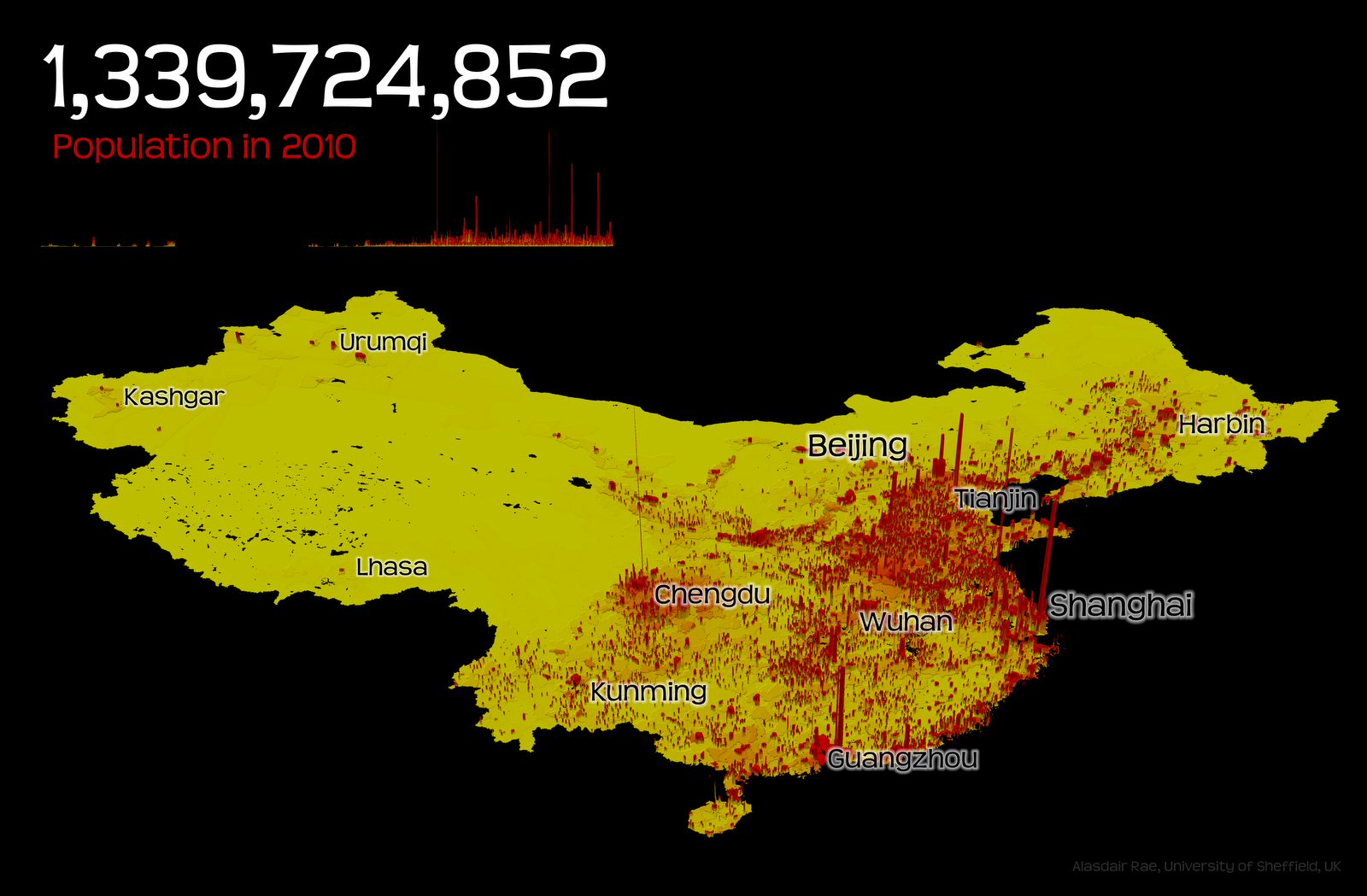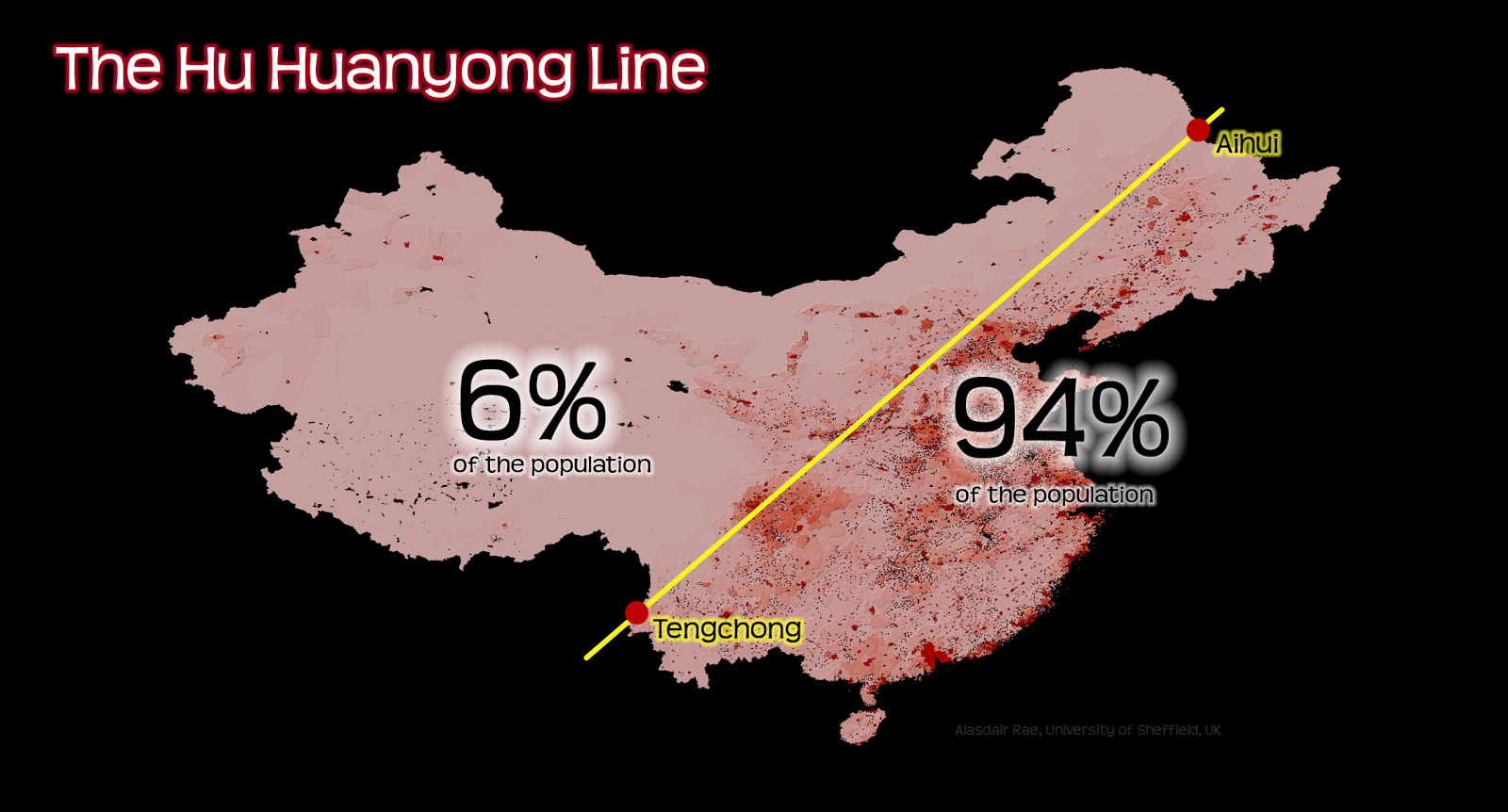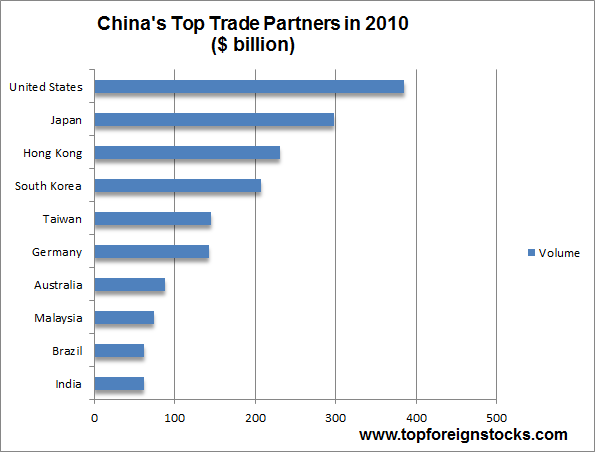Just a couple of short points:
1. There is no doubt the free trade is a pillar of prosperity, be it for the Western world or China. Arguably strong and profitable economic ties decrease the incentives to go to war, but it just a (powerful) tendency. In war the ability to protect the own trade and to disrupt/block the opponents trade can be one of the keys to victory. The precise value depends of course on the type of war, relative naval strenght, geography and many other circumstances.
2. Currently Chinas economy depends to a large degree on seatrade both to import goods like basic ressources and to export manufactured products. It's geography makes it very difficult to protect its sea trade, which might be mostly a moot point anyway in a conflict with 'the West' as most trade partners would just stop it on their own. In a big war with the USA China would arguably need a stronger navy relative to its opponent and near allies to be able to keep its own naval trade flowing and to disrupt the trade flow to the US in an decisive manner.
3. Chinas recent actions sea and land disputes are difficult to grasp. Possibly they are mostly about putting on a show for the often unhappy crowd at home. Does a good part of the leadership truly believe that the potential ressources of the disputed areas are really important for China*? Does it think that China is just entitled to those areas and any concession/compromise is unworthy or does weaken the position in the next dispute? Before I tended more towards the first argument but now I'm no longer sure. Some of Chinas arguments have some merits, others much less so.
4. From a Western/US perspective China seems to be eager to score own goals against many neighbours. Arguably it could be foolish to stop China from doing that, it makes yourself just a so much more attractive option. Perhaps the US should also be not too keen to play up the containment to avoid unnecessary tensions but it does of course always depend on the situation.
Overall it seems to me that China is in many ways in a surprisingly weak position from an economic and naval point of view. Things may change in the future when the Chinese navy is vastly stronger and the economy more developed but nobody can know.
*In relative terms even rich sea deposits seem to me to be just a needle in the economic haystack of China.


















Bookmarks